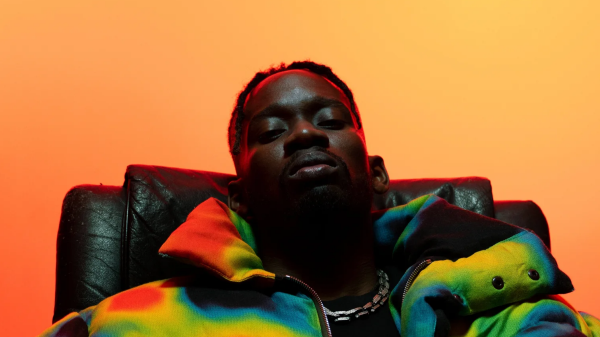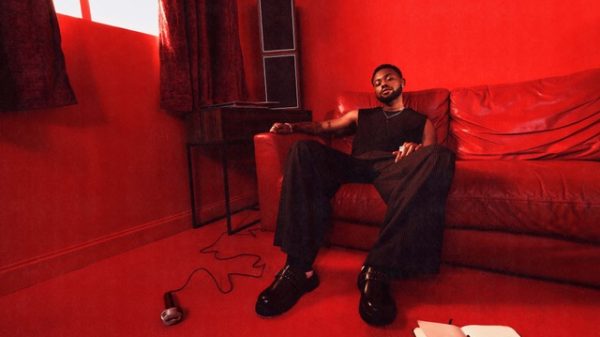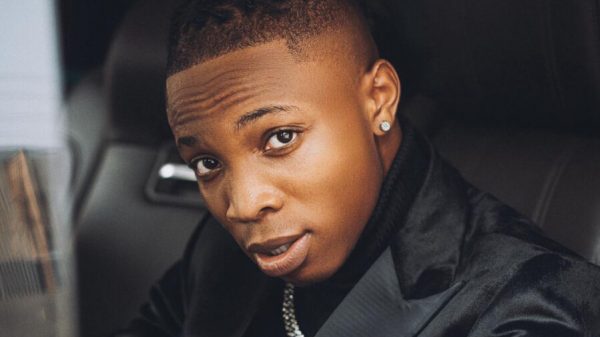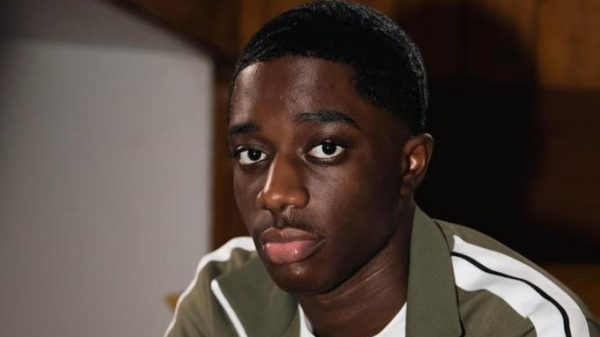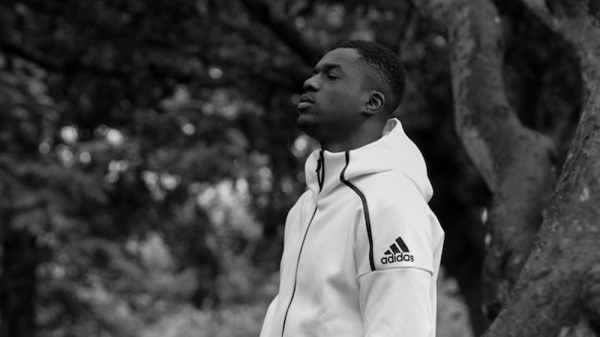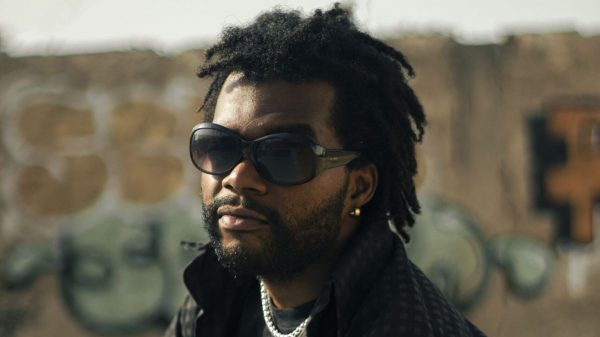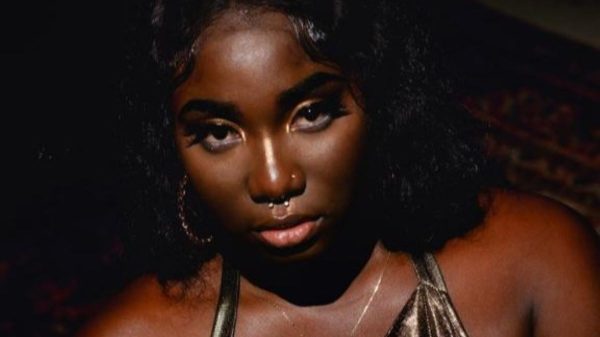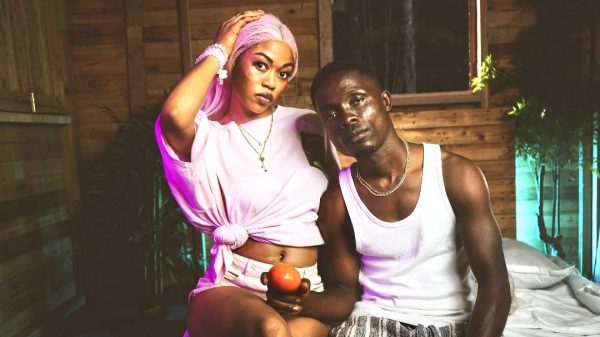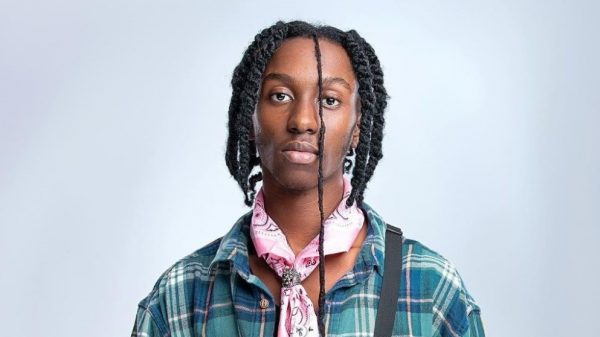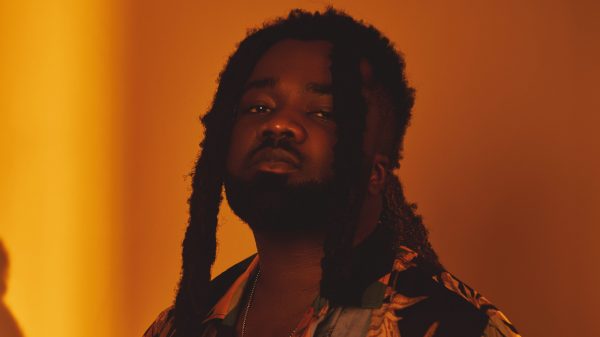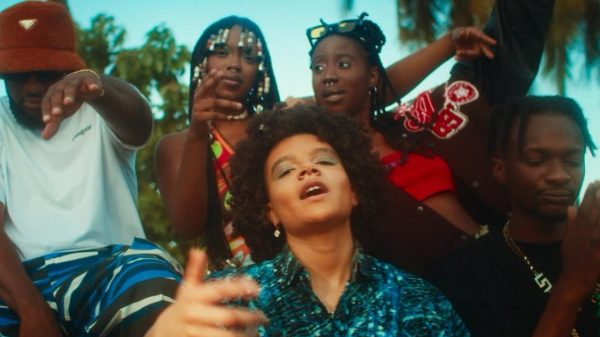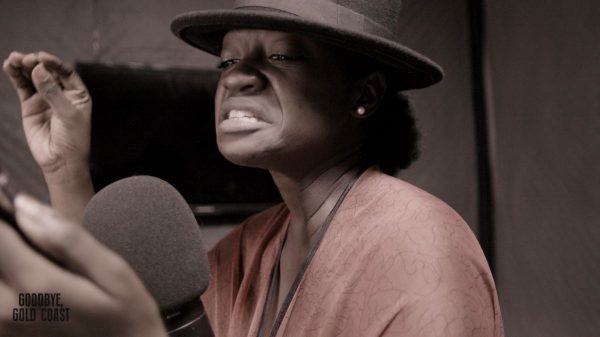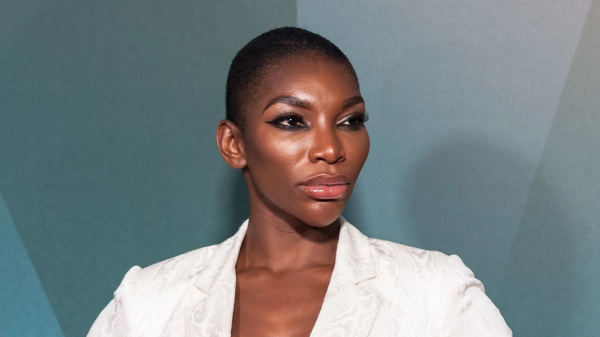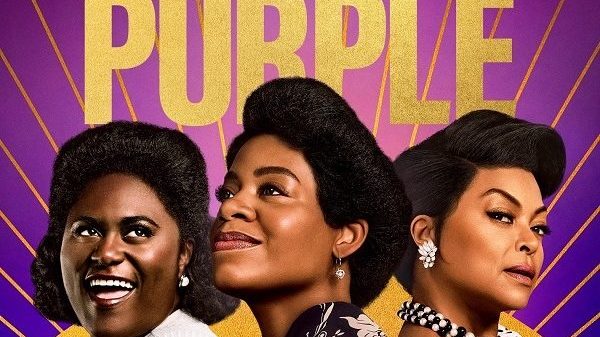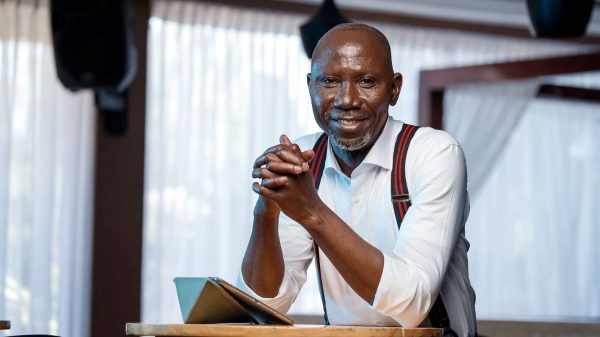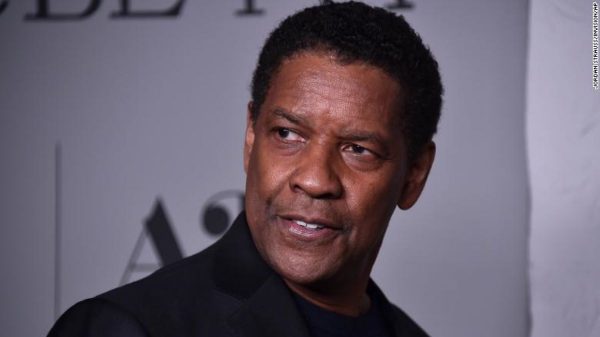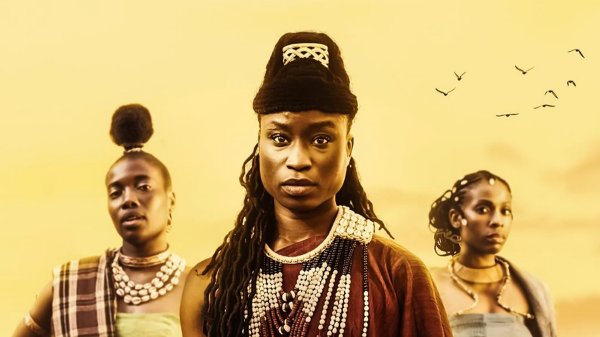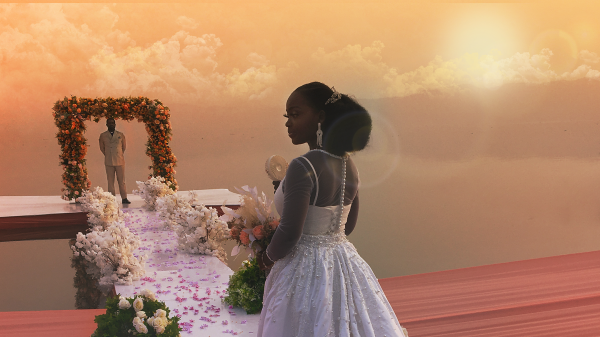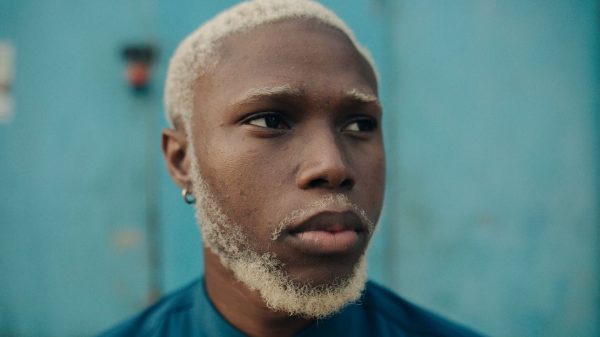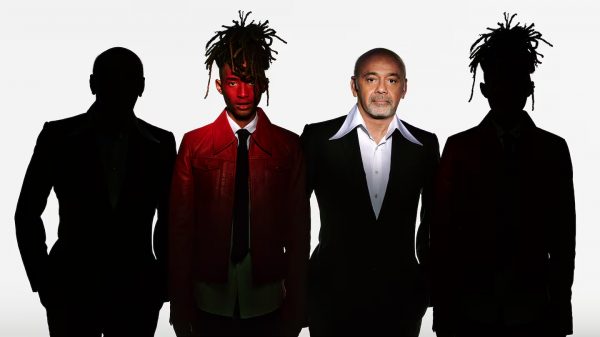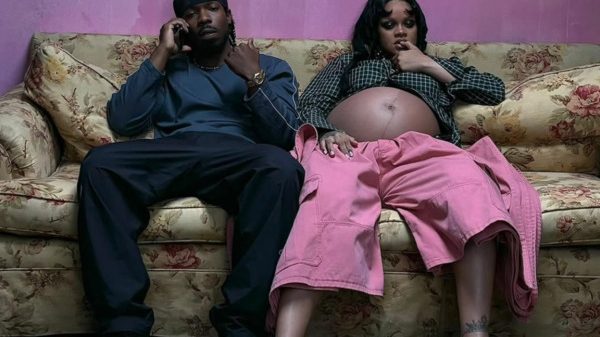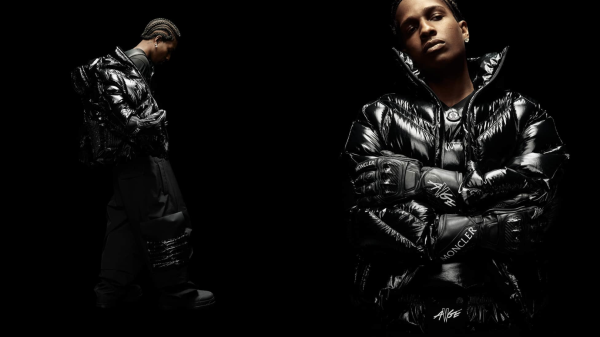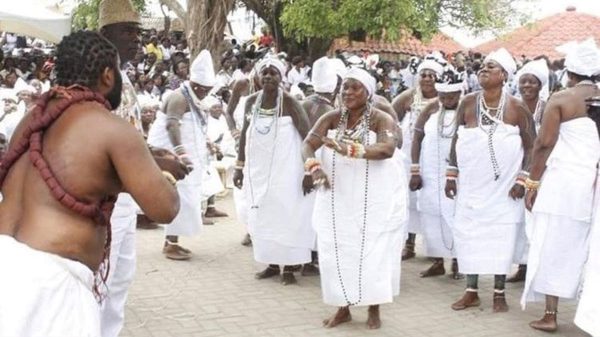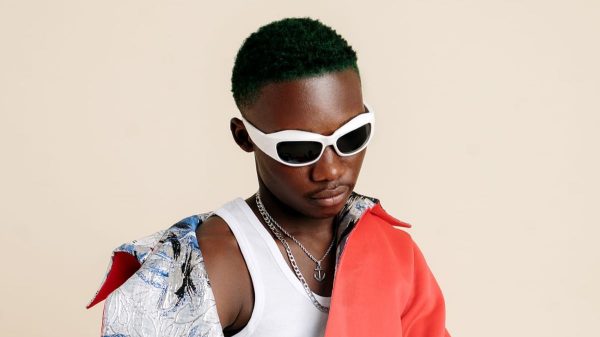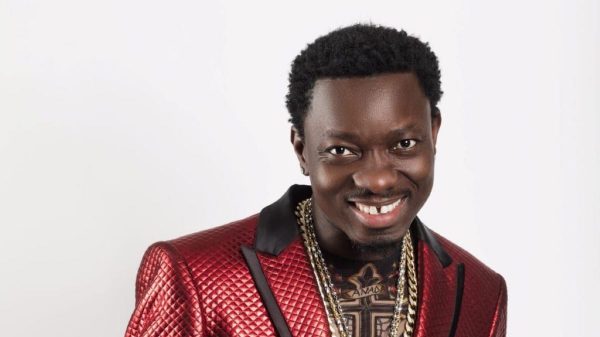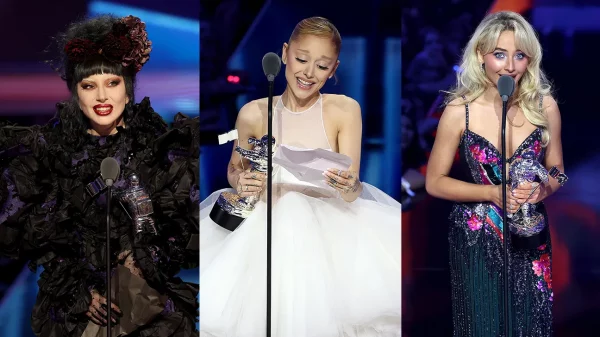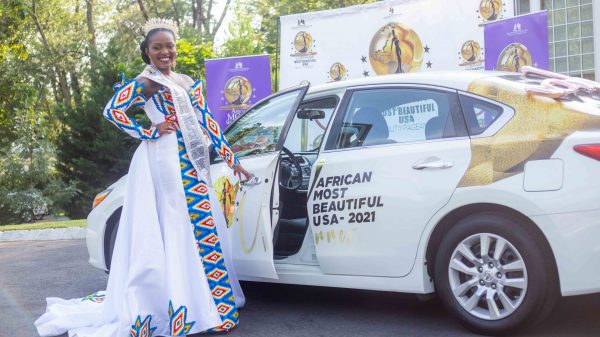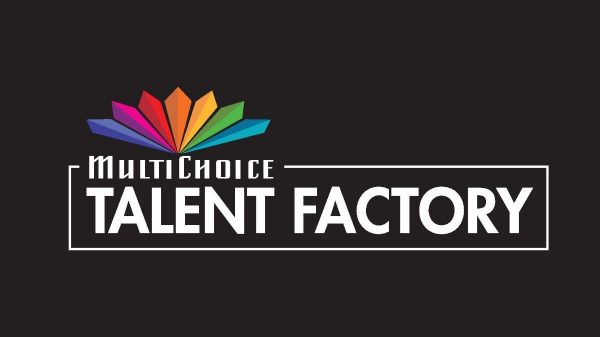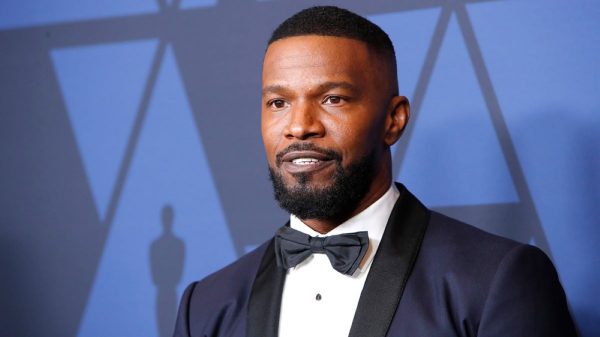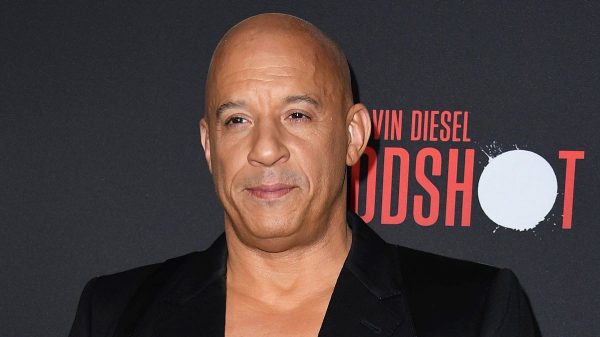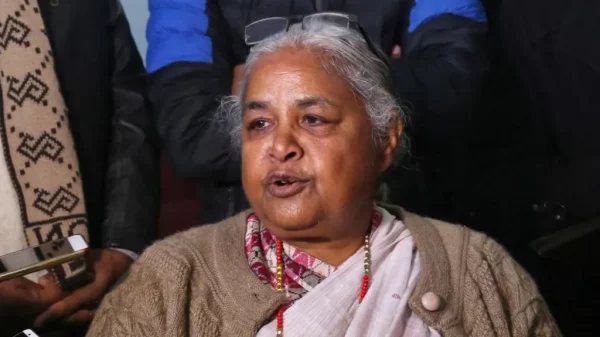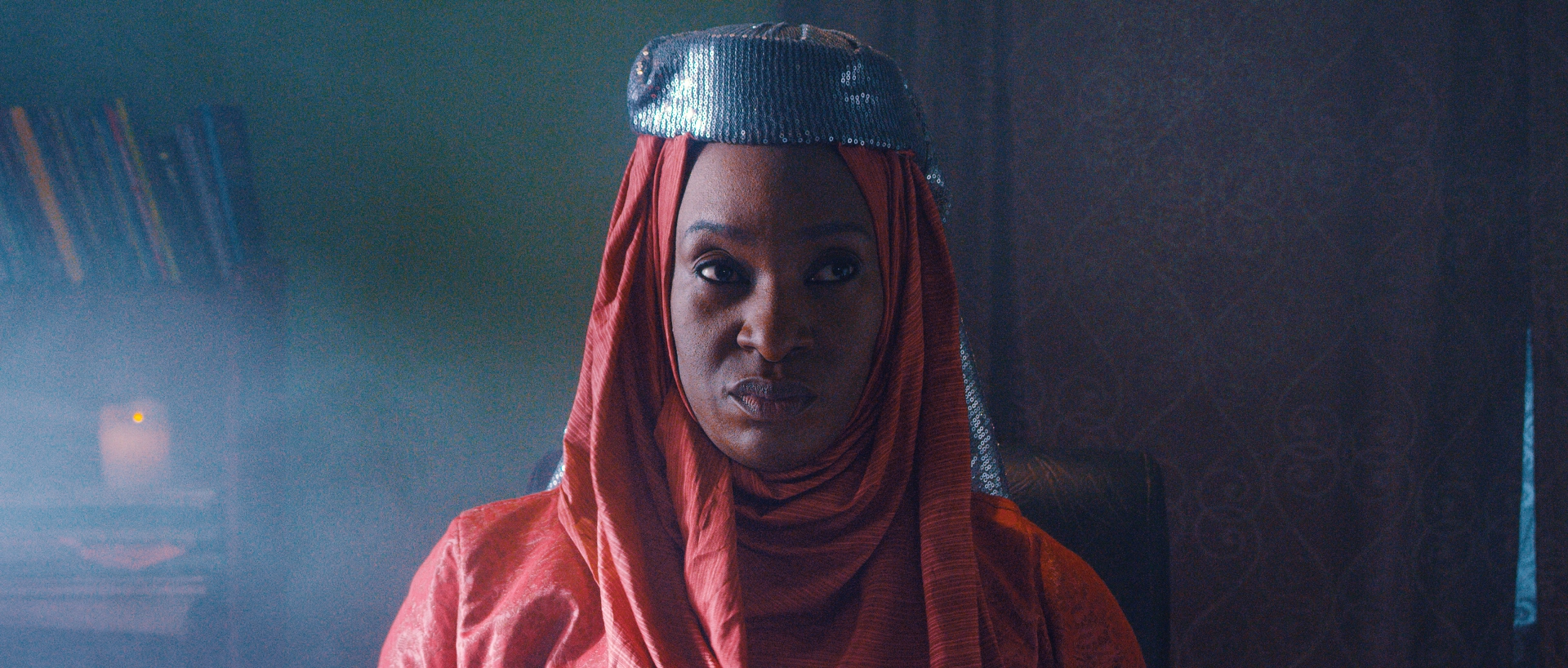Tatu, a 2017 Nollywood film starring Desmond Elliot, Rahama Sadau, Sambisa Nzeribe, Toyin Abraham, Segun Arinze, Gabriel Afolayan, Saka, Kunle Idowu aka Frank Donga and Funlola Aofiyebi-Alimi, has so much in common with the blockbuster Hollywood film, Black Panther. You would be forgiven for thinking the producers saw Tatu in 2017 and quickly rushed to the studio to produce Black Panther in 2018. Both films are based on storylines that combine fantasy (juju in the case of Tatu and science fiction in the case of Black Panther), and constant switching between contemporary real worlds (schools, dating, shopping malls etc.) and a hidden world (Wakanda, a technologically-advanced African country) and current and past events in a village still tightly bound in century old tradition and religion (Tatu).
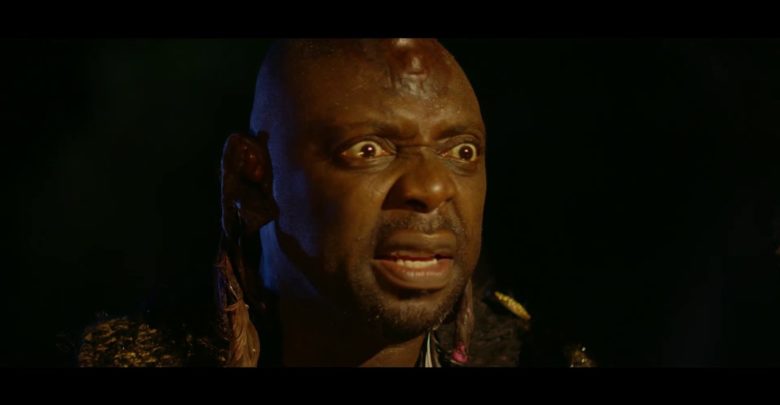
Black Panther is, of course, the far more popular film, grossing $1.347 billion in the cinema and winning 89 awards. Tatu is not even so popular in Nigeria despite its critical acclaim – it won in four categories: Best Soundtrack in a Movie, Best Makeup Artiste, Best Lighting Designer and Best Sound Editing at the 2018 AMVCA. Its real achievement is not its moderate commercial success, but its solid storyline, well-crafted plotting and high production value, qualities for which it won four AMVCA awards and for which the Producer, Don Omope, can credibly claim to be the inspiration behind the Black Panther. Indeed, Tatu, now on Netflix, is Black Panther without the production and marketing budget of Wall Street.
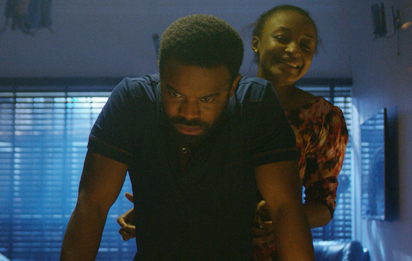
The first scene shows a young boy running in a forest while his name is being called by someone unseen. The boy grows up to become Kamani, who is destined to protect another “special” girl, Tatuma. Tatuma’s mother being in the know of their fate (both have to die on Tatuma’s 21st birthday to prevent the land from falling into chaos). So, the mother, with the help of a priest, spirited the girl to a convent in the city where she grows up away from Kamani, her spirit child twin and unaware of her fate to die in a sacrifice on her 21st birthday so as to save the village. This is the plot by which the movie runs.
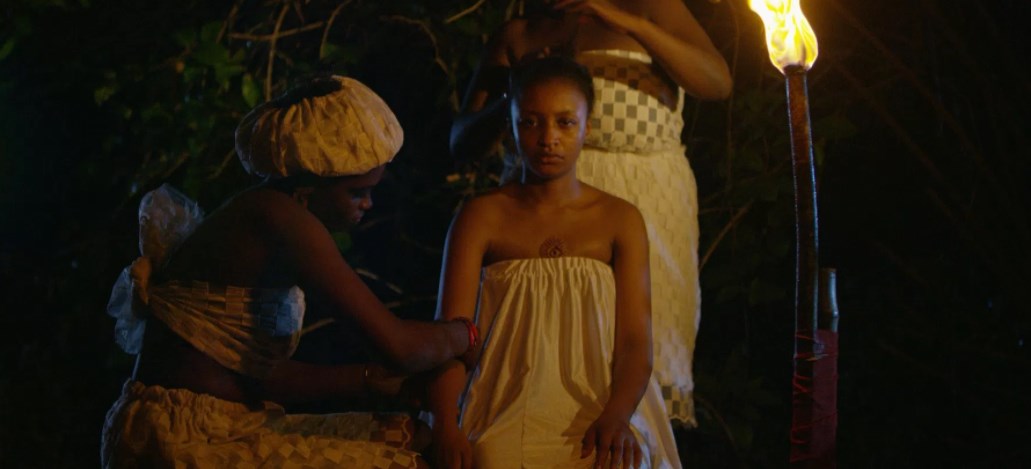
As their 21st birthday approached, the chief priest sent Kamani, who has retained the supernatural powers of a spirit child, to bring Tatuma back to the village. There are detours and complications. Tatuma is protected from Kamani’s powers in the convent where she lived. But Tatuma is also a wayward trainee nun, prone to escape to night clubs and enjoy liaisons with her music producer boyfriend, Gabriel Afolayan. So, Kamani whose mission is to take her from the city to her death in the village, had to save her from being gangraped.

While most parts in the film are very well played, the tendency for histrionics, particularly on the part of Kamani and the village priest, Narimana (Segun Arinze), is a bit much. It is sometimes overblown and off-putting; picture the early scenes when Larayi is supposedly giving birth, and the whole things just seems overdrawn.
Another flaw of Tatu is the plot itself, which seemed to be finding its feet in the movie. Things just seem to take too long to get going, and it’s quite easy to lose interest in the proceedings. The desperation for comic relief as well – particularly the scene involving Saka and Kunle Idowu AKA Frank Donga – makes scenes look out of place, and perhaps that should have just been left to Gabriel Afolayan’s character – Wally – who does a good job in that scene.
Tatu is well-produced and quite well-directed. The use of sounds is great – you could easily tell or even viscerally feel when danger is imminent, that something is lurking and waiting to happen. Social themes are also adroitly embedded. The scene in which three thugs tried to seize the food which is being served to homeless children really denotes the dystopian society we live in. Also, Mother Supreme (Funlola Aofiyebi-Alimi) mirrors the streak of authoritarianism and dogma in Nigeria’s religious figures.
Yet, you could tell something is always missing; whether in terms of the scenes, plots, or characters. Every part and element of the film, if looked at individually, seems like at least a seven out of ten, but put them together and is that really good enough? In a purely Nigerian sense, perhaps; but with the movie on Netflix, it’s on a world scale, and is likely to get comparison along all other kinds of films. In that sense, it doesn’t seem quite good enough. To sum Tatu up; it is not bad, but it is memorable. So is the Black Panther.
Culled from arbiterz.com

